When you’re traveling through Massachusetts and fatigue sets in, you might wonder whether it’s legal to pull over and catch some sleep in your vehicle. The answer might surprise you – while it’s generally legal to sleep in your car in Massachusetts, there are important nuances and regulations you need to understand to stay on the right side of the law.
Understanding Massachusetts Vehicle Sleeping Laws
The good news for weary travelers is that Massachusetts has no state laws specifically prohibiting sleeping in your vehicle. Unlike some states that have strict regulations against vehicle habitation, Massachusetts takes a more flexible approach, particularly when it comes to driver safety and fatigue management.
The state recognizes that drowsy driving poses significant safety risks and would rather have tired drivers pull over and rest than continue driving while exhausted. This pragmatic approach means that Massachusetts law generally supports the practice of sleeping in your car when done appropriately and safely.
Rest Areas: Your Safest Bet for Vehicle Sleeping
Massachusetts rest areas offer the most secure and legally protected option for sleeping in your car. The Massachusetts Department of Transportation (MASSDOT) has established clear guidelines that make rest areas the preferred choice for overnight vehicle stays.
At most Massachusetts rest areas, you can sleep in your vehicle for as long as needed, including overnight hours, provided the specific rest area doesn’t have posted restrictions. This flexibility extends to both short naps and longer rest periods, making rest areas ideal for long-distance travelers who need to recharge.
However, there’s one important rule to remember: Massachusetts prohibits leaving your vehicle unattended for more than 30 minutes at rest areas. This means you can sleep peacefully in your car, but you cannot abandon your vehicle and walk away for extended periods. As long as you remain in or near your vehicle, you should encounter no legal issues.
Some rest areas may have specific time limits posted, typically around two hours for parking in one spot. These restrictions vary by location, so it’s always wise to check for posted signs when you arrive at a rest area.
Private Property Considerations and Trespassing Laws
While sleeping in your car is legal under Massachusetts state law, property owners have the right to prohibit overnight parking on their premises. This distinction is crucial because most vehicle sleeping violations in Massachusetts stem from trespassing rather than specific anti-sleeping laws.
Business parking lots, shopping centers, and private residential areas often post “No Overnight Parking” or “No Trespassing” signs. Ignoring these posted restrictions can result in trespassing charges, regardless of whether you’re actually sleeping in your vehicle. Police officers responding to trespassing complaints have the authority to ask you to move along, and failure to comply can lead to citations or arrests.
The key is to look for and respect posted signage. If you see signs prohibiting overnight parking, camping, or loitering, it’s best to find an alternative location. Many 24-hour businesses like truck stops, some gas stations, and certain retail chains may allow overnight parking, but it’s always courteous to ask permission first.
Boston-Specific Regulations and Urban Considerations
Boston, Massachusetts’ largest city, has additional parking regulations that can affect vehicle sleeping. The city’s traffic rules include restrictions on overnight parking for commercial vehicles over 12,000 pounds in residential areas between 9:00 PM and 8:00 AM. While this doesn’t directly prohibit sleeping in passenger vehicles, it demonstrates that urban areas may have more complex parking regulations.
Boston also prohibits parking commercial vehicles or semi-trailers with a capacity of one ton or more for longer than one hour between 9:00 PM and 8:00 AM on city streets. Again, while this primarily affects commercial vehicles, it shows that overnight parking restrictions can vary significantly between urban and rural areas.
For passenger vehicles in Boston, the general state rules apply, but finding suitable overnight parking can be more challenging due to density, safety concerns, and local ordinances. Many Boston neighborhoods have resident-only parking restrictions that could complicate overnight stays.
The Alcohol Factor: OUI Laws and Vehicle Sleeping
One of the most critical aspects of Massachusetts vehicle sleeping law involves alcohol consumption. Massachusetts has strict Operating Under the Influence (OUI) laws that can apply even when you’re not actively driving.
Under Massachusetts law, you can be charged with OUI if your vehicle is parked, stopped, or idling on a public way or in a place where the public has access, even if you’re sleeping. This means that if you’ve been drinking and decide to “sleep it off” in your car, you could still face drunk driving charges.
The key legal concept here is “operating” the vehicle. Massachusetts courts have interpreted this broadly to include situations where someone is in physical control of a vehicle, even if it’s not moving. Having the keys in the ignition, even while parked, can be considered “operating” under state law.
To avoid OUI charges while sleeping in your car after drinking, consider these precautions: keep keys away from the ignition, sleep in the passenger seat or back seat rather than the driver’s seat, and ensure the vehicle is completely turned off. However, the safest approach is to avoid sleeping in your car after consuming alcohol and instead arrange alternative transportation.
Safety Guidelines for Sleeping in Your Vehicle
Personal safety should be your top priority when sleeping in your car in Massachusetts. While it’s legal, taking proper precautions can help ensure your safety and avoid unwanted attention from law enforcement or criminals.
Choose well-lit, populated areas whenever possible. Rest areas along major highways like Interstate 90 (Massachusetts Turnpike), Interstate 95, and Interstate 93 typically have good lighting and regular patrol presence. Avoid isolated or poorly lit locations, especially in urban areas where crime rates may be higher.
Always lock your doors and consider using window coverings for privacy. Tinted windows, sunshades, or temporary curtains can help maintain privacy and make it less obvious that someone is sleeping inside. This discretion can help avoid unwanted attention from both criminals and law enforcement.
Keep emergency supplies readily available, including water, snacks, a first aid kit, and a fully charged phone. Massachusetts weather can be unpredictable, so having blankets and appropriate clothing is essential, especially during winter months when temperatures can drop significantly.
Alternative Options and Resources
While sleeping in your car is legal in Massachusetts, it’s not always the most comfortable or safest option. Massachusetts offers several alternatives for travelers needing overnight accommodations.
The state has numerous 24-hour truck stops and travel centers along major highways that cater to travelers needing rest. Many of these facilities offer amenities like restrooms, food, and sometimes shower facilities. Some explicitly welcome overnight parking for passenger vehicles, though policies vary by location.
Campgrounds throughout Massachusetts often provide more comfortable alternatives at reasonable prices. Many state parks and private campgrounds offer facilities for car camping, providing access to restrooms, showers, and sometimes electrical hookups.
For those facing homelessness or emergency situations, Massachusetts has various social services and emergency shelter programs. The state’s Department of Housing and Community Development provides resources for individuals experiencing housing instability.
Legal Consequences and Enforcement
Enforcement of vehicle sleeping laws in Massachusetts varies significantly by location and circumstances. Most law enforcement officers understand that people sometimes need to rest in their vehicles for safety reasons and are generally accommodating when the practice is done responsibly.
However, repeated violations of trespassing laws or sleeping in inappropriate locations can result in escalating consequences. First-time offenders typically receive warnings or requests to move along. Persistent violations can lead to trespassing citations, which carry fines and potential court appearances.
The key to avoiding legal trouble is being respectful, cooperative, and choosing appropriate locations. If approached by law enforcement, be polite and explain your situation. Most officers will appreciate your commitment to safety and may even suggest better locations for overnight rest.
Seasonal Considerations and Weather Factors
Massachusetts experiences significant seasonal weather variations that can affect the safety and legality of sleeping in your car. Winter temperatures can drop well below freezing, creating safety risks for vehicle occupants without proper heating.
During winter months, ensure your vehicle is properly ventilated if using any heating devices, and never run the engine for extended periods with poor ventilation, as carbon monoxide poisoning is a serious risk. Keep extra blankets, warm clothing, and emergency supplies in case of vehicle breakdown or extreme weather.
Summer months bring different challenges, including heat-related risks and increased tourist traffic that may make finding suitable parking more difficult. Coastal areas like Cape Cod, Martha’s Vineyard, and Nantucket often have more restrictive parking enforcement during peak tourist seasons.
Conclusion: Navigating Massachusetts Vehicle Sleeping Laws Safely
Sleeping in your car in Massachusetts is generally legal, but success depends on understanding the nuances and choosing appropriate locations. Rest areas provide the safest and most legally protected option, while private property requires careful attention to posted restrictions.
The state’s pragmatic approach to vehicle sleeping reflects a commitment to road safety over rigid enforcement. By following basic guidelines – respecting private property, avoiding alcohol-related complications, prioritizing personal safety, and being considerate of local communities – travelers can legally and safely use their vehicles for overnight rest when needed.
Remember that laws and enforcement practices can change, and local municipalities may have additional regulations. When in doubt, contact local law enforcement or check with municipal offices for the most current information about overnight parking rules in specific areas.
Whether you’re a long-distance traveler fighting fatigue, someone facing temporary housing challenges, or simply exploring Massachusetts’s many attractions, understanding these laws helps ensure your overnight rest doesn’t turn into a legal headache. With proper planning and respect for local regulations, sleeping in your car can be a safe and legal option throughout the Bay State.
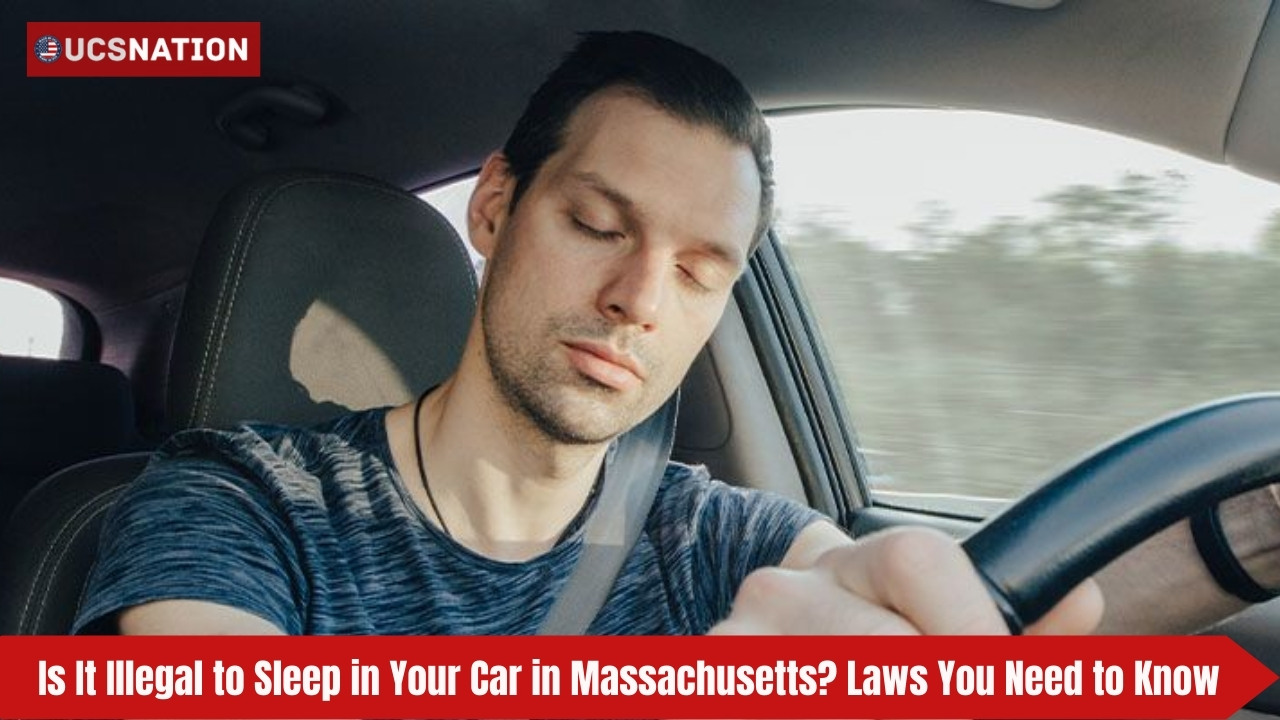





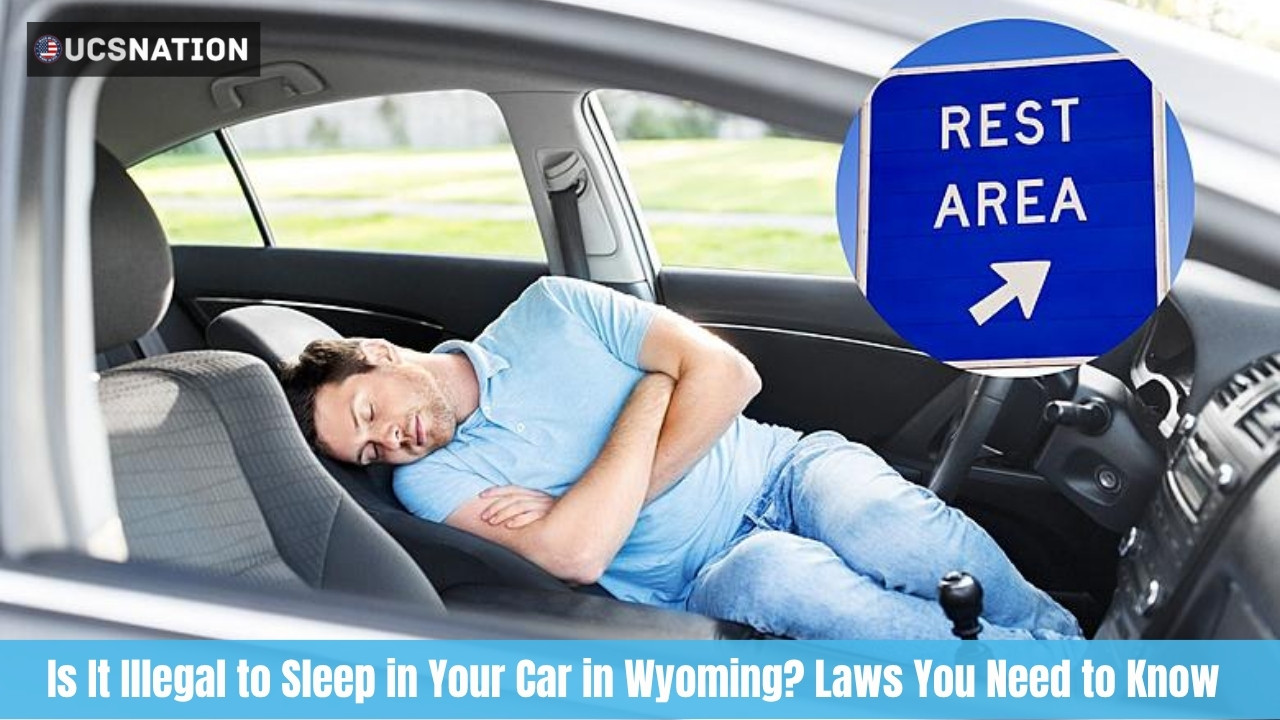
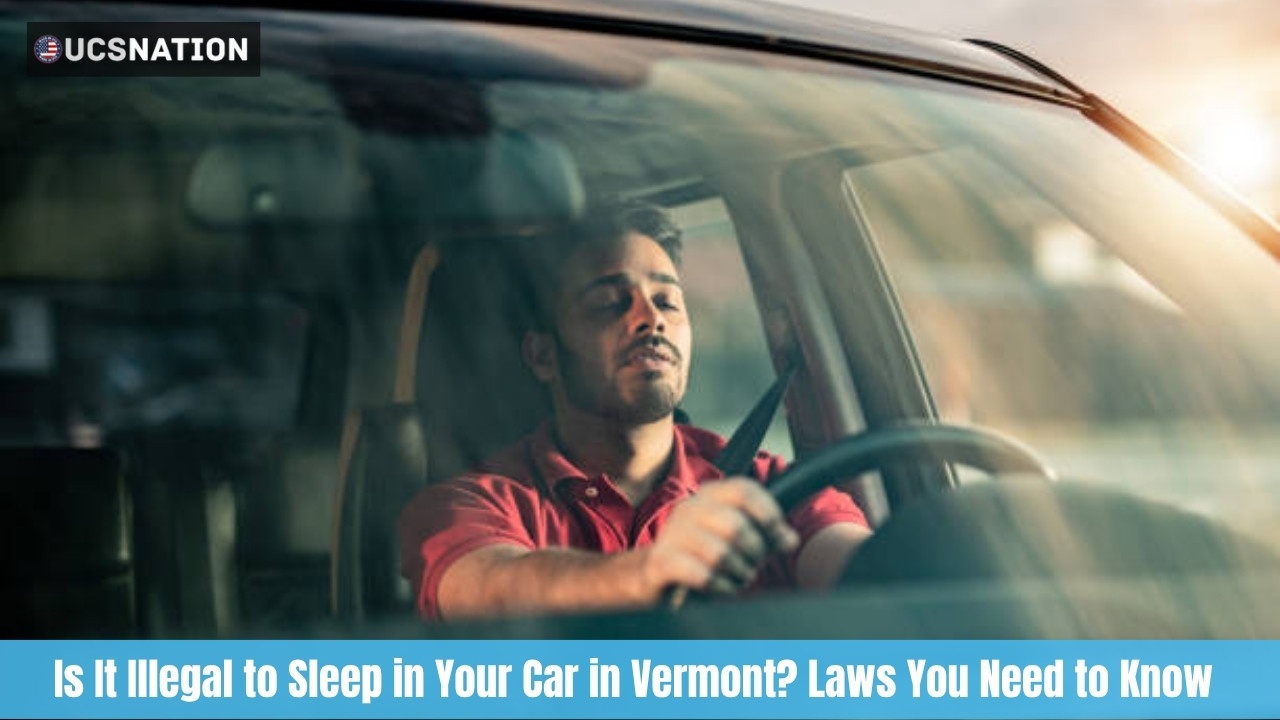
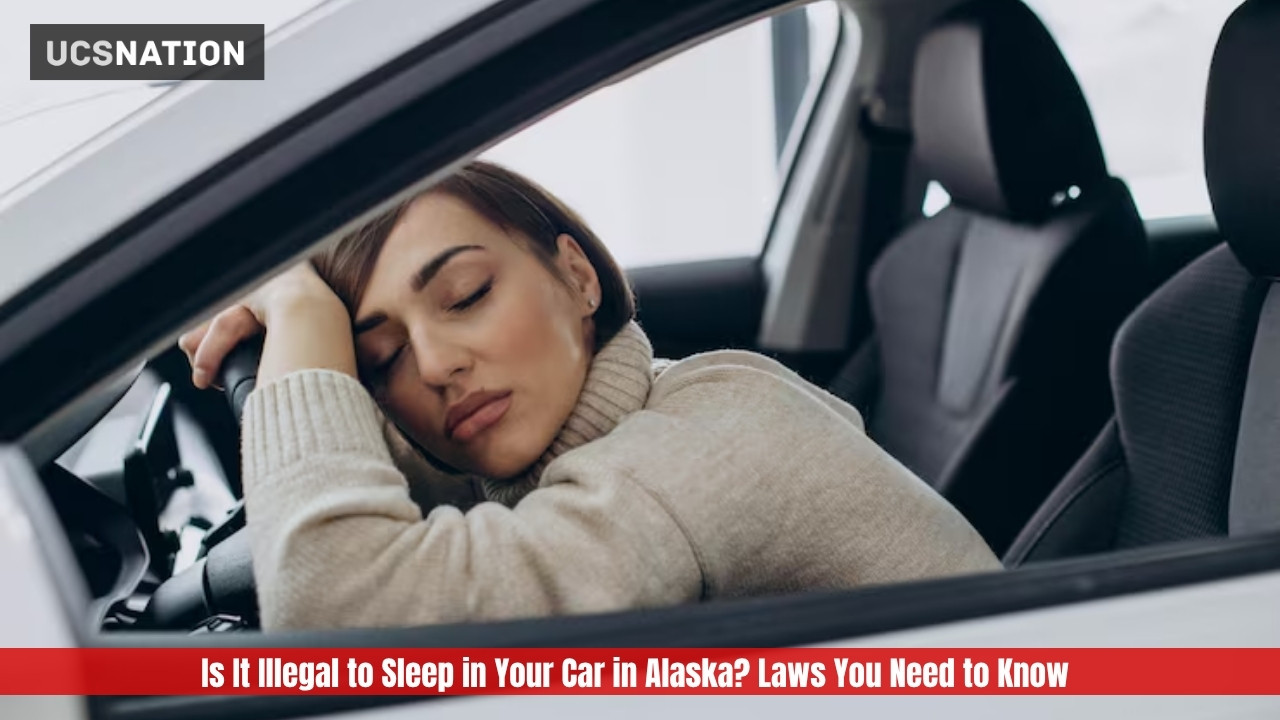
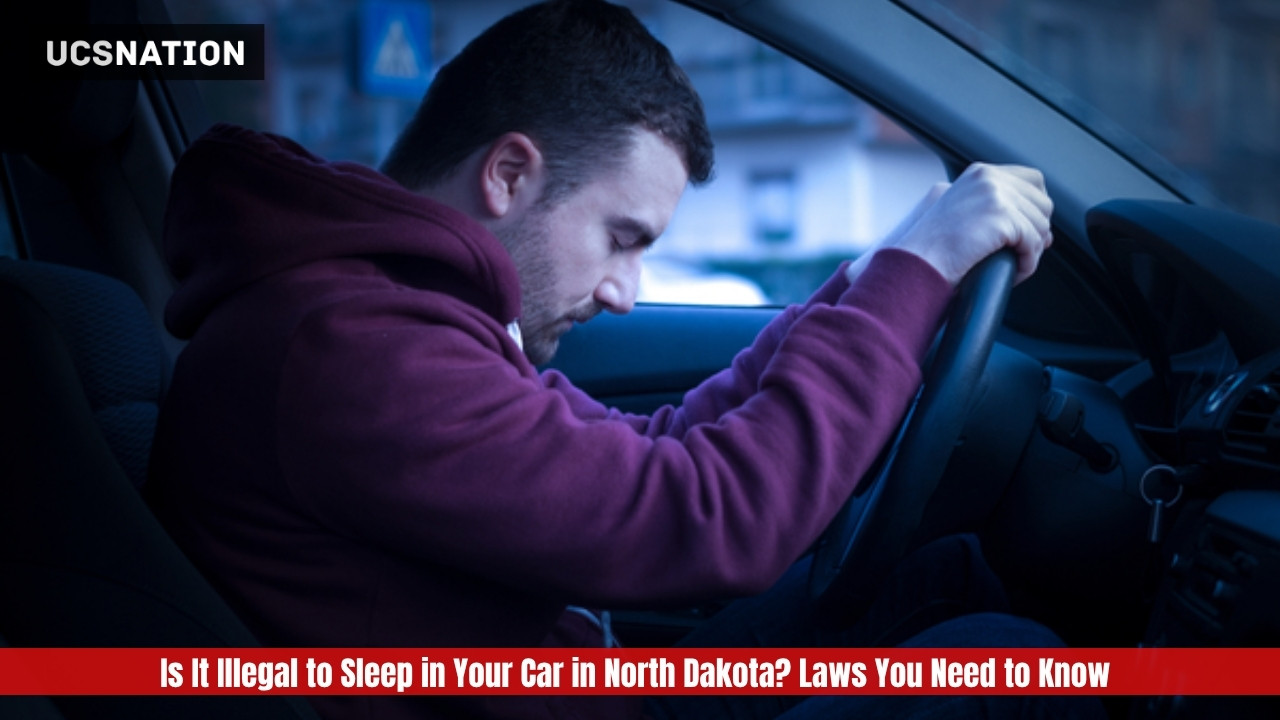
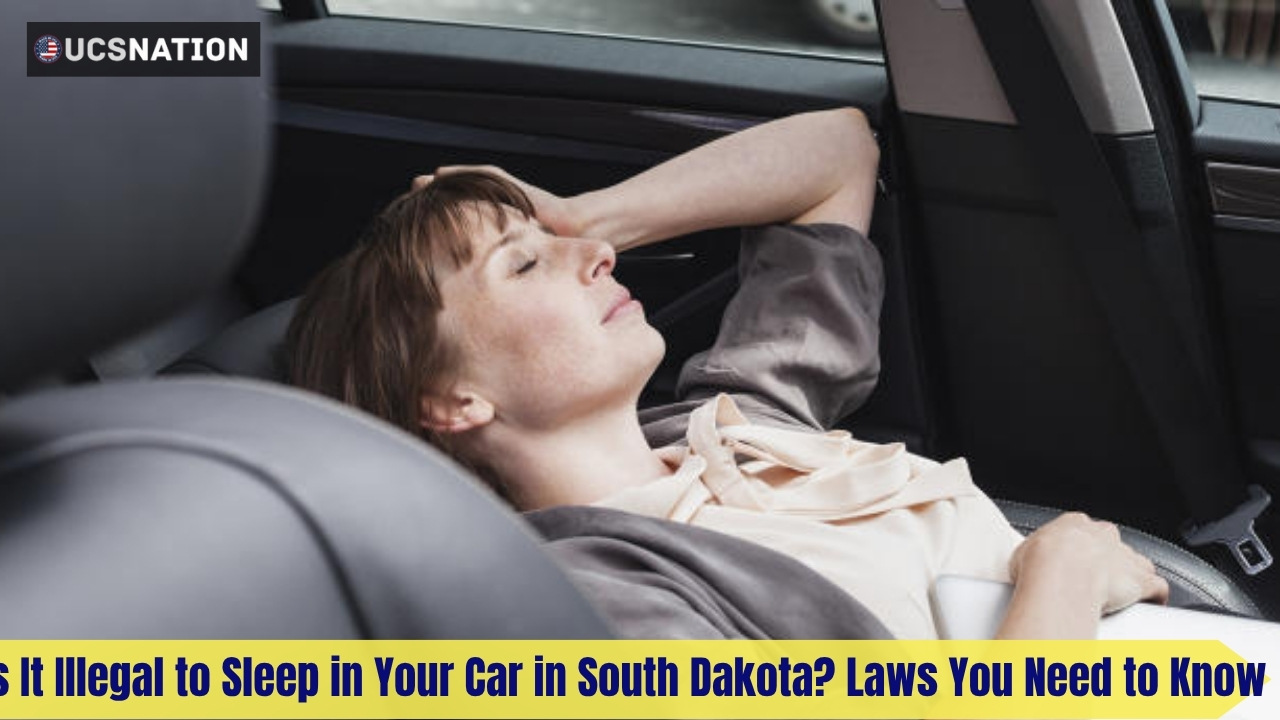




Leave a Reply